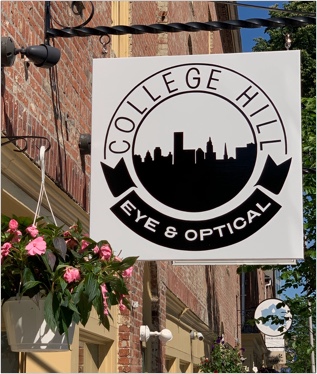Eye Disease Diagnosis & Management in Providence
Eye Disease Can Rob You of Your Sight
In their early stages, most forms of eye disease do not exhibit any symptoms. As such, many individuals do not realize anything is wrong until they begin to experience permanent vision loss.
The best thing you can do to safeguard your vision against eye disease is visit your optometrist regularly. An annual appointment can help your optometrist catch signs of eye disease, and give you an accurate diagnosis, before you begin to experience vision problems.
Common Types of Eye Disease
Glaucoma
Glaucoma is not just one condition, but rather a group of conditions which, if left untreated, can permanently damage your eyesight and even lead to blindness. The two most common types of glaucoma are open-angle glaucoma and angle-closure glaucoma.
- Open-angle glaucoma is the most common found and develops slowly, often with no signs of symptoms. It occurs when the drainage canals inside the eye become slowly clogged, causing the eye’s internal pressure to rise. This increased pressure slowly damages the optic nerve, which is responsible for transmitting information from the eyes to the brain. When the optic nerve becomes damaged, it results in vision loss.
- Angle-closure glaucoma is less common but can be far more dangerous. This form of glaucoma is called “angle-closure” because it causes the angle between the cornea and the iris to either narrow or completely close. This means that fluid can no longer drain from the inside of the eye. This leads to the eye’s internal pressure to rise quickly and cause extensive damage to the optic nerve. Since angle-closure glaucoma develops quickly, it is vital that you seek immediate medical attention.
Cataracts
Currently, more than 24.4 million Americans over the age of 40 have cataracts, as do approximately half of all Americans over the age of 75. As such, cataract surgery is one of the most common eye surgeries performed in the country.
Cataracts occur when portions of our natural lenses become cloudy and opaque, obscuring our vision. There are three main forms of cataracts:
- Subcapsular cataracts develop at the back of the lens
- Nuclear cataracts develop deep in the nucleus of the lens
- Cortical cataracts look like white wedges forming around the edges of the lens, but eventually grow until they reach the center of your eye
Cataract surgery involves removing the clouded natural lens and replacing it with a clear, artificial lens.
Age-Related Macular Degeneration
Age-related macular degeneration (also known as AMD) occurs when a portion of your retina (called the macula) becomes damaged. As this damage increases, your central vision is slowly lost. Focusing on details will become harder, but often your peripheral vision will not be affected as much and may remain completely unaffected.
AMD generally occurs in older-aged patients and is most common in patients over 50 years old. However, there are a variety of risk factors that can increase your chances of developing AMD at an earlier age, including hypertension, smoking, and obesity.
There are two forms of AMD:
- Dry AMD occurs when lipid deposits (called drusen) accumulate under the macula, slowly damaging it. Dry AMD is typically less severe and progresses more slowly than its wet counterpart. There is currently no cure for dry AMD.
- Wet AMD occurs when new blood vessels form under the retina. Unfortunately, these new blood vessels are generally not robust, and often leak blood and other fluids, which scar the macula. Though there is currently no cure for wet AMD, it can be managed using intraocular injections.
Book Your Next Appointment
If left undiagnosed and untreated, eye disease can rob you of one of your most valuable assets: your sight. The team at College Hill Eye & Optical is here to help you safeguard your vision. By going for regular comprehensive eye exams, your optometrist can keep an eye out for signs of trouble and address problems as they arise.
Visit Our Office

Our Address
295 South Main StreetProvidence, RI 02903
Hours of Operations
Brands
View All Brands







